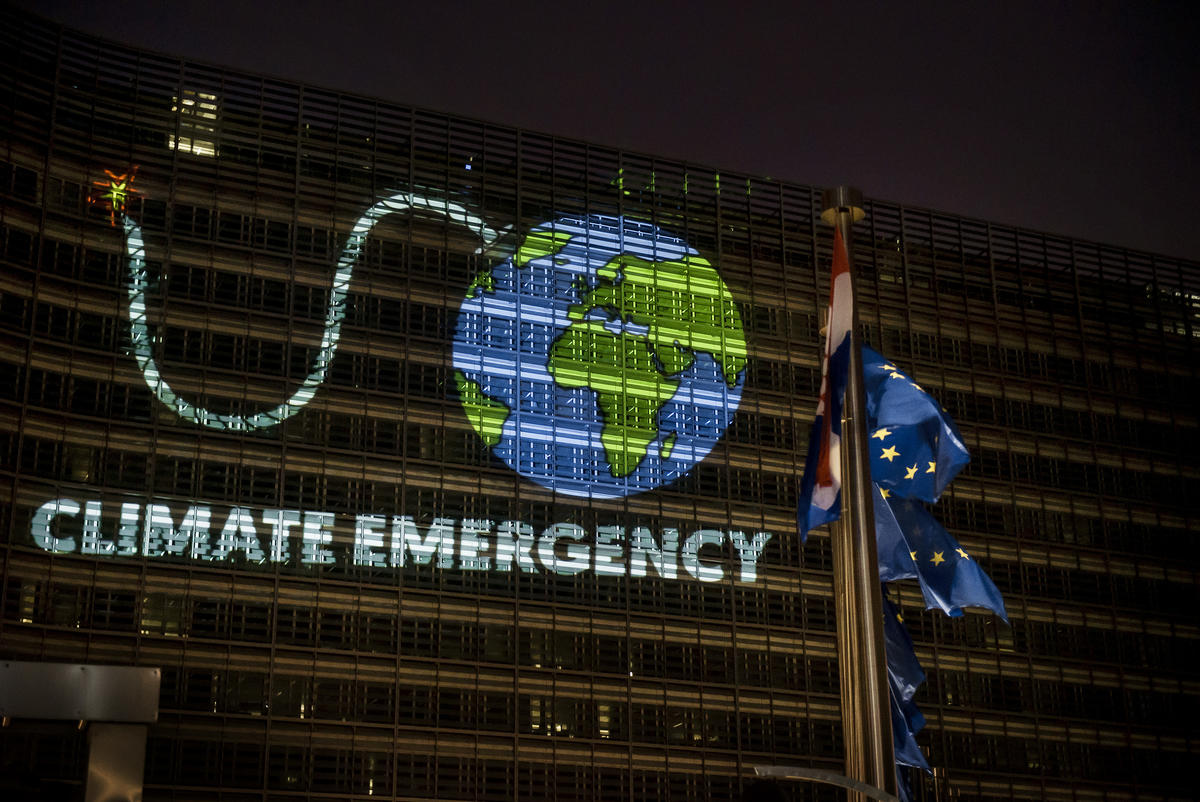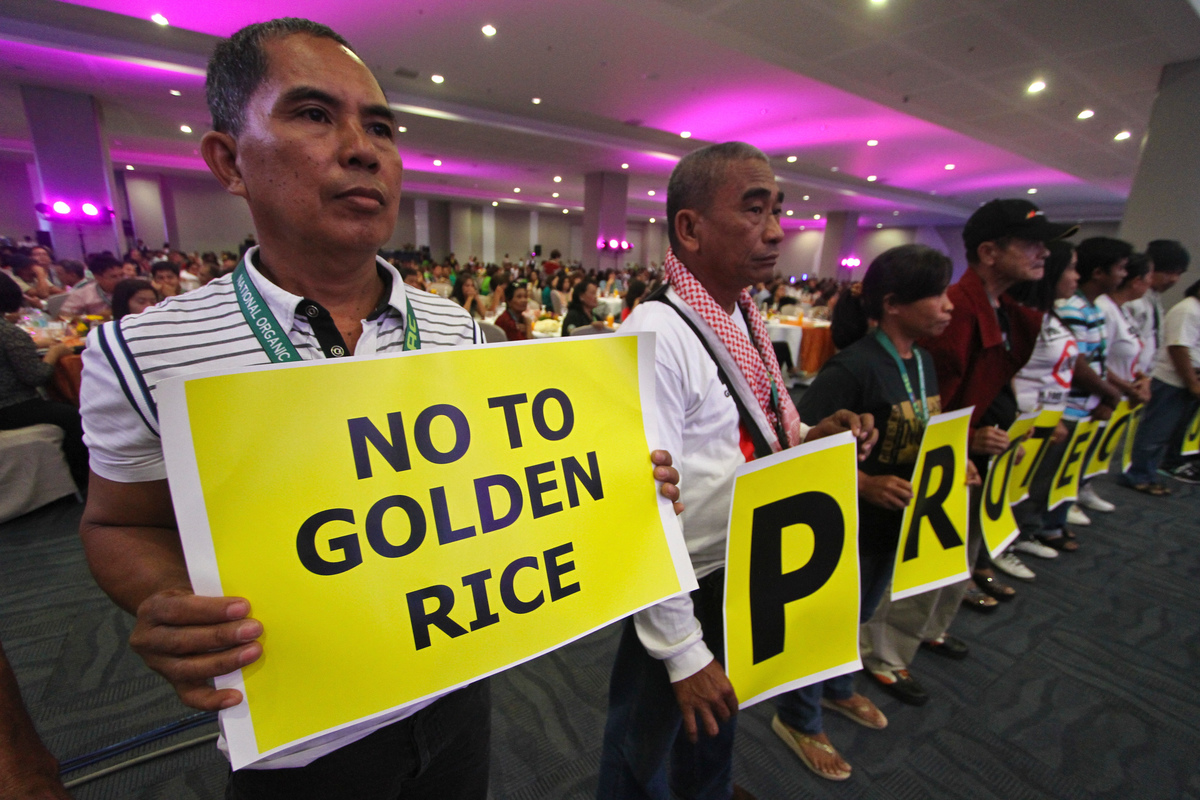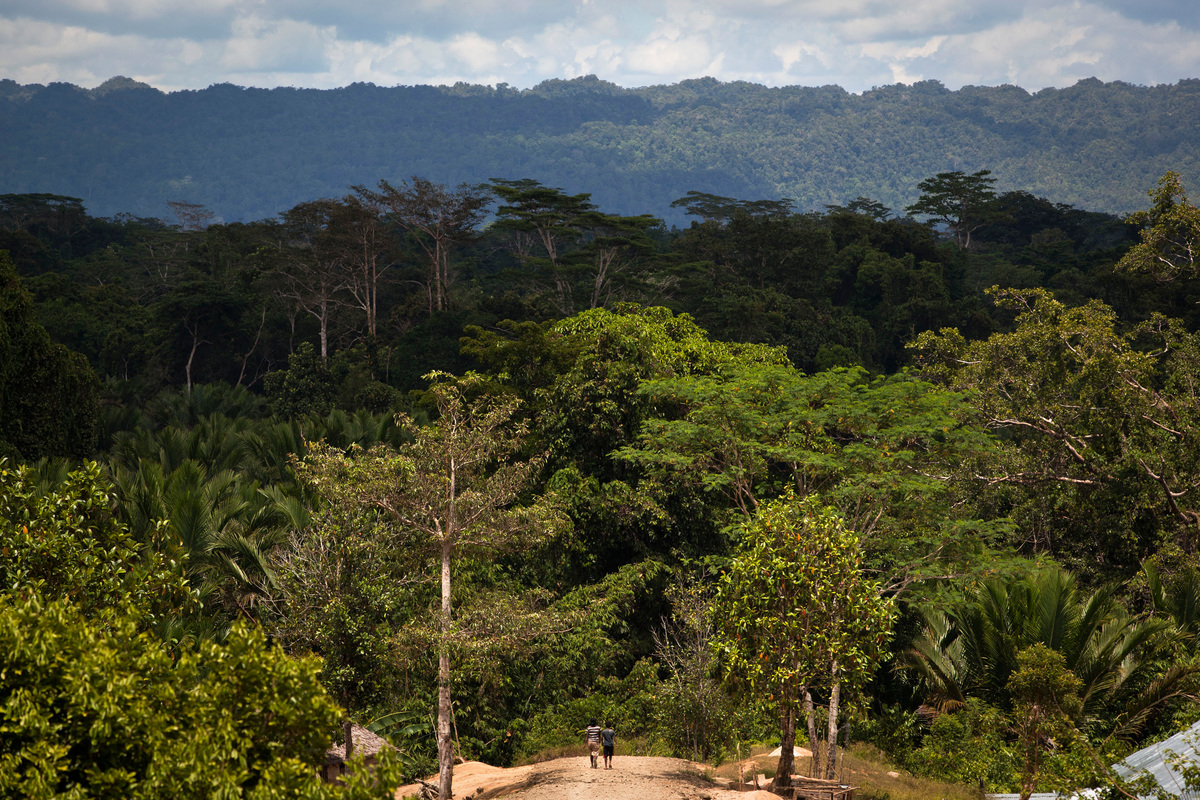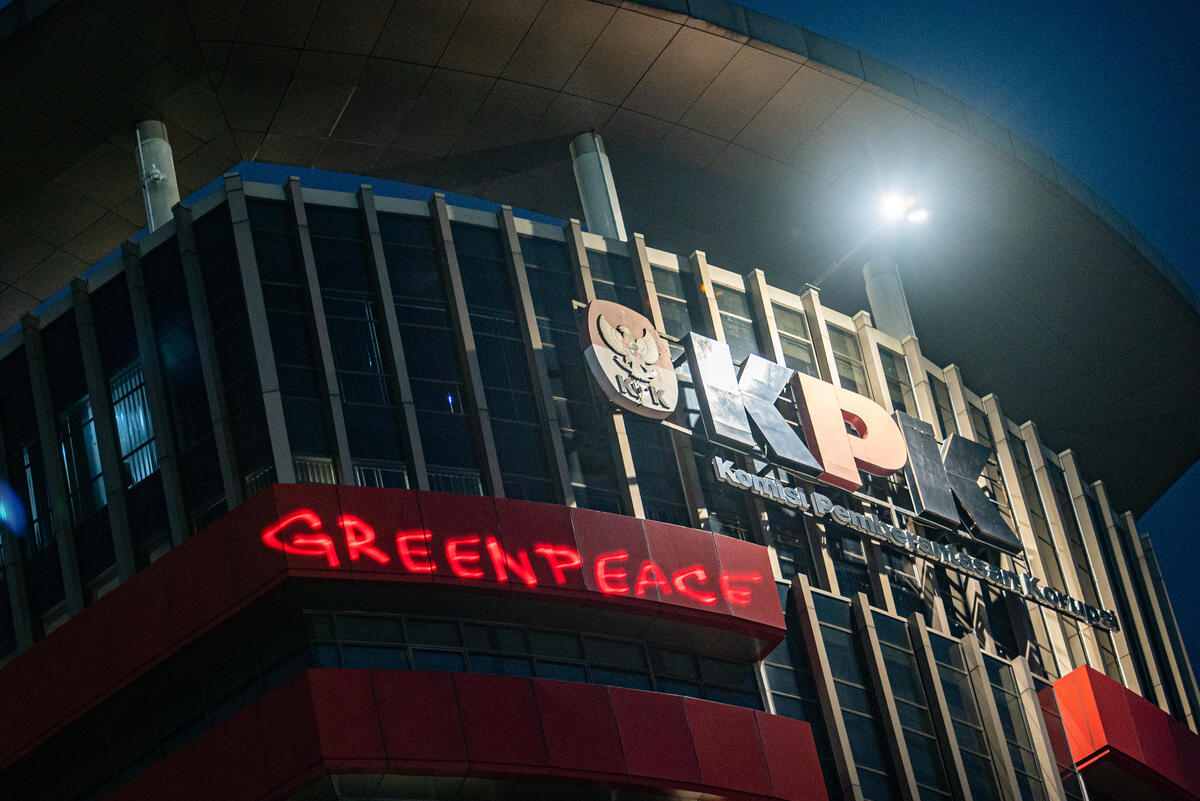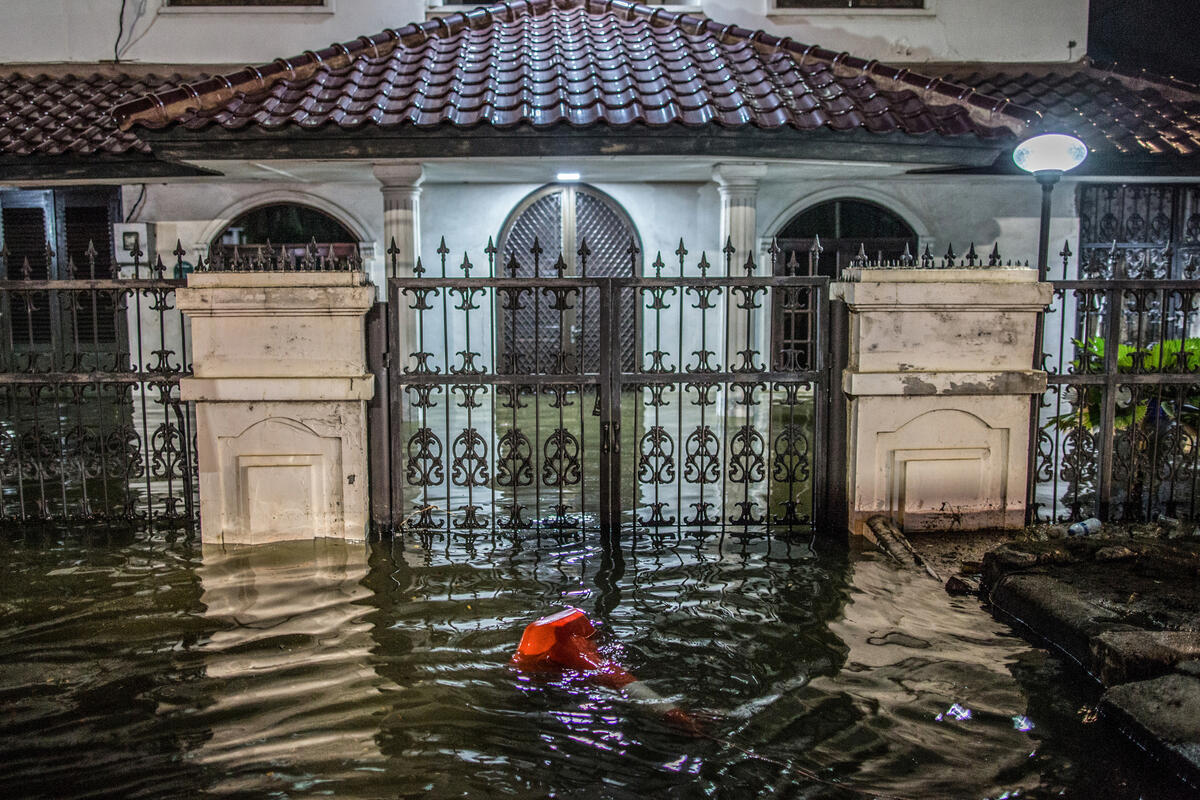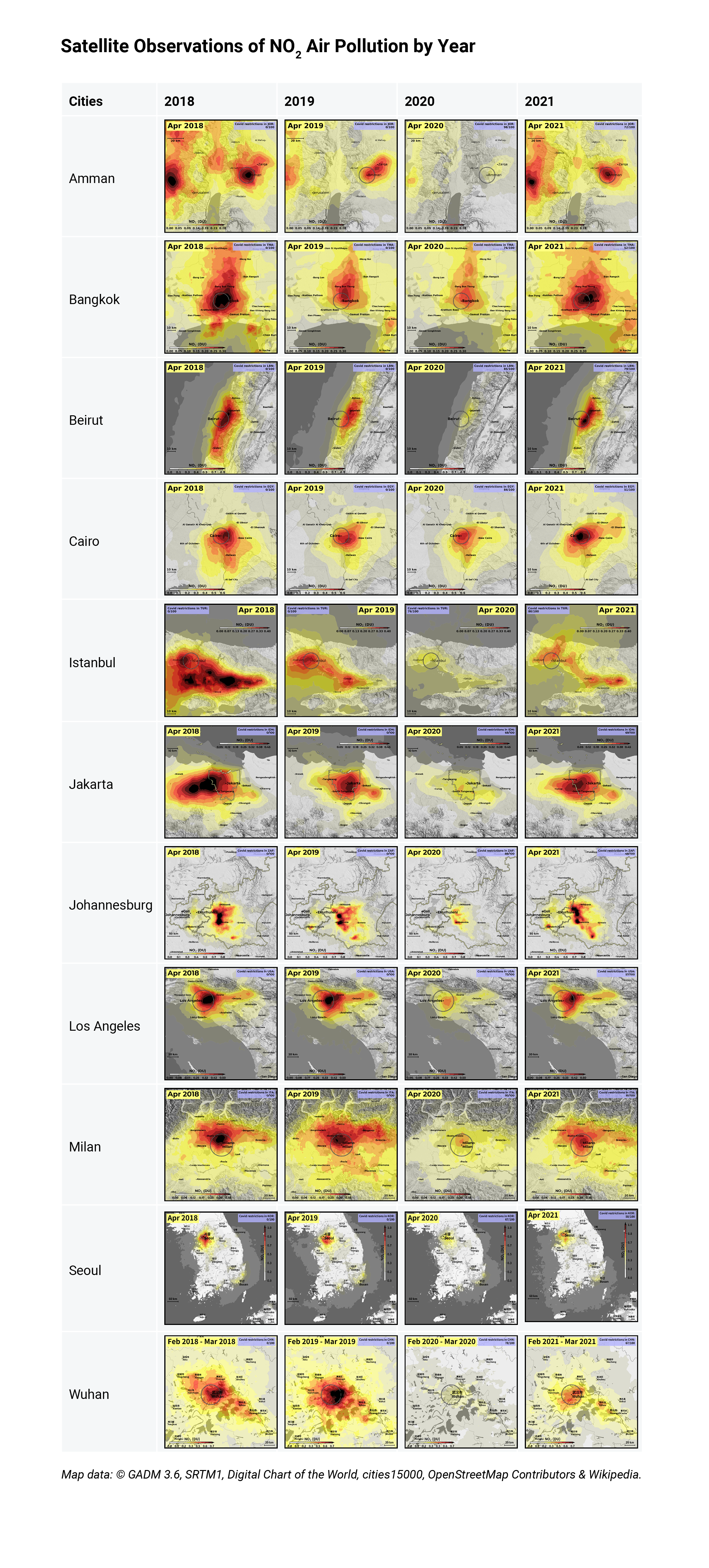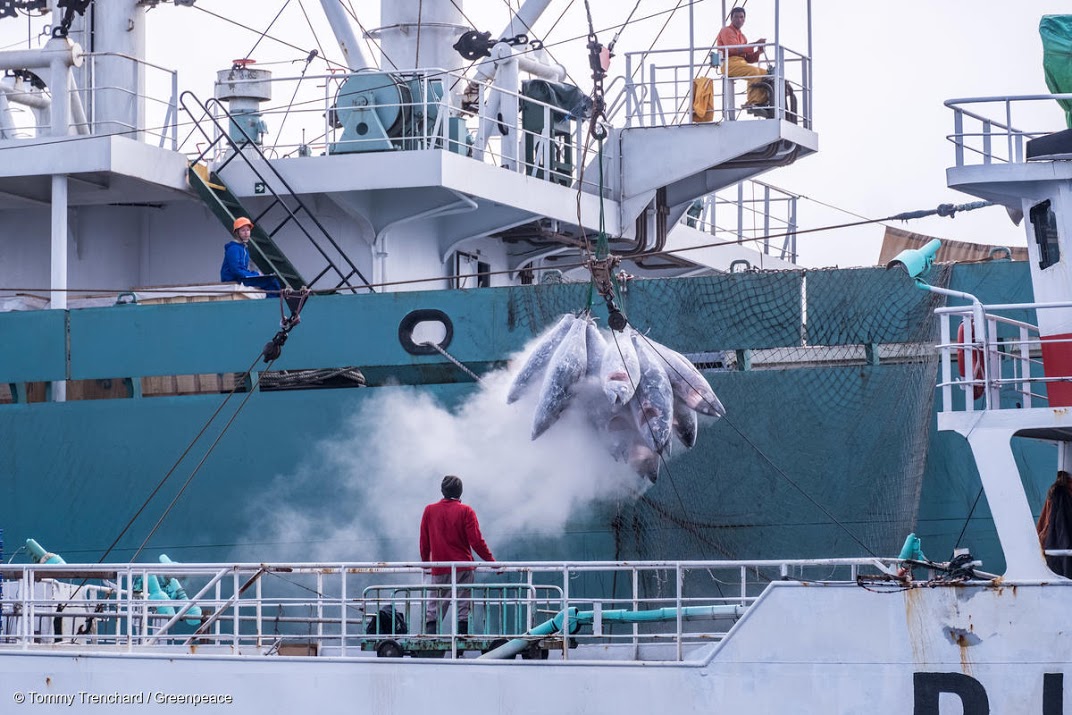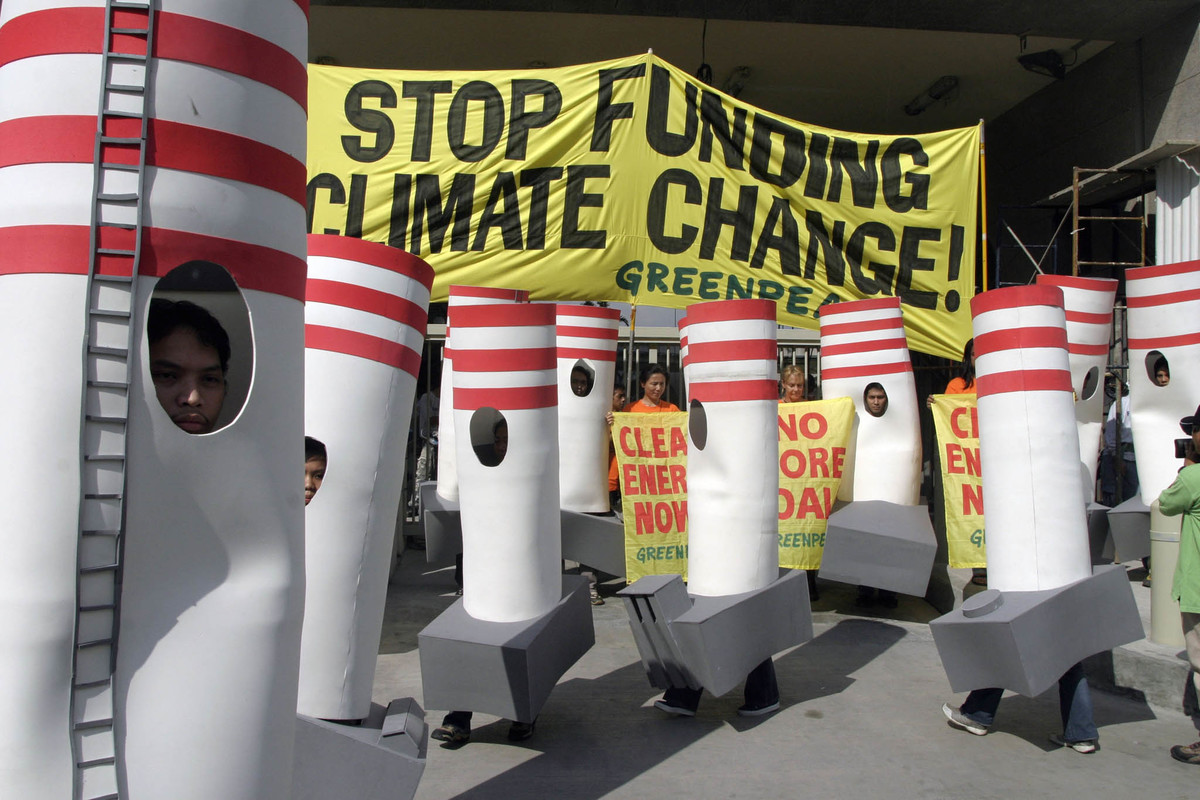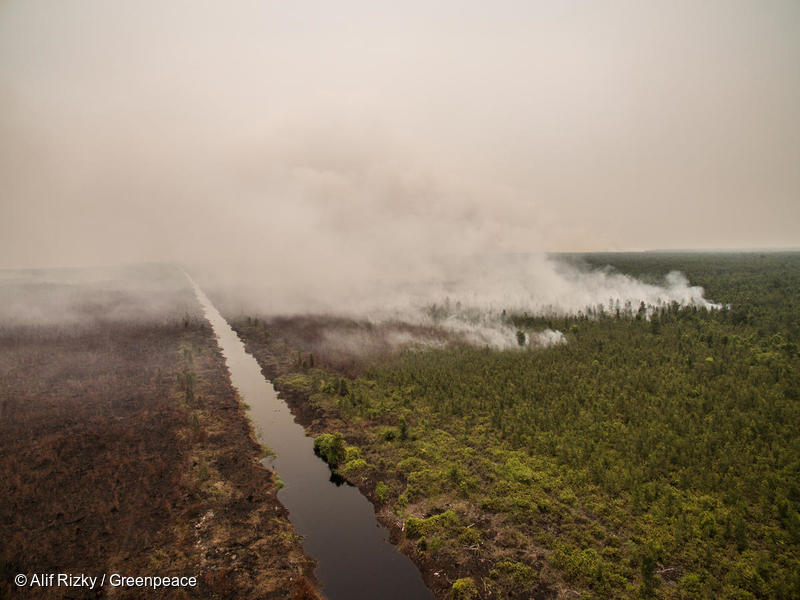All articles
-
IPCC report signals decisive moment for humanity: Urgent climate action needed
The IPCC has just further strengthened the connection between carbon emissions and worsening climate extremes, which means that if governments don’t dig deeper than their currently weak 2030 emission-cutting targets, humanity could lose.
-
US government block fishing vessel on suspicion of forced labor – Greenpeace Southeast Asia response
“To ensure the rights and life of fishing crews are protected, we need flag states to uphold international standards and perform proper oversight and safety of their ships so decent work at sea can be achieved."
-
‘Golden Rice’ commercialization to further drag down Filipino farmers amid climate, COVID struggles
Greenpeace Philippines strongly denounced the approval of genetically modified “Golden Rice” (GR) for commercial propagation, and called on the Department of Agriculture (DA) to reverse the decision and represent the interests of Filipino farmers and consumers.
-
Greenpeace Southeast Asia reactive to FSC cutting ties with Korindo
“It is crucial that buyers and certification bodies call out Korindo for its greenwashing and lack of transparency in its supply chains.
-
“Save KPK”, Greenpeace Indonesia projects message in protest against weakening of the anti-graft agency
Greenpeace Indonesia activists projected the slogan “Save KPK” and “Dare to be honest, fired!” ( Berani Jujur, Pecat !) onto the building of the Corruption Eradication Commission, also known as KPK, last night to protest against the weakening of the reformist anti-graft agency, after prominent investigators were dismissed over a dubious procedure.
-
Sea Level Rise Poses Economic Threat to Asia Coastal Cities
A new Greenpeace East Asia report estimates that by 2030, 15 million people across the seven cities will live in areas at risk of flooding. The analysis is one of the first of its kind to use high spatial resolution data to suggest the areas of each city that are at risk from floods.
-
Satellite images reveal global air pollution rebound 1 year after first Covid-19 lockdowns
Levels of toxic NO2 air pollution have rebounded in cities around the world one year after initial Covid-19 lockdowns went into effect, a new report from Greenpeace Southeast Asia finds.
-
Withholding of wages tops forced labour allegations
“Forced Labour at Sea: The Case of Indonesian Migrant Fishers”, looked at complaints from Indonesian migrant fishers filed with SBMI from May 2019 to June 2020 (13 months) to highlight the patterns and types of forced labour accusations on distant water fishing fleets.
-
Greenpeace Southeast Asia on ADB’s draft energy policy
QUEZON CITY, Philippines — The Asian Development Bank (ADB) on Friday released its draft energy policy [1], which states that the institution “will not finance any new coal-fired capacity for power and…
-
Greenpeace report finds Indonesia is losing the battle to protect peatlands
A new Greenpeace Indonesia report, Restoration Up in Smoke: Losing the Battle to Protect Peatlands, identifies major contradictions in the Indonesian government’s claims to meet its peatland restoration targets.

